Attractions:
As the city has a lots of lakes, rivers and the hills, it won’t need man to enhance its appeal, but man being an excellent creation of the creator can’t help giving wings to his creativity and when it’s done with reverence to his creator, it glimpses the intangible, the one which is beyond the sense of perception and ability to imagine.
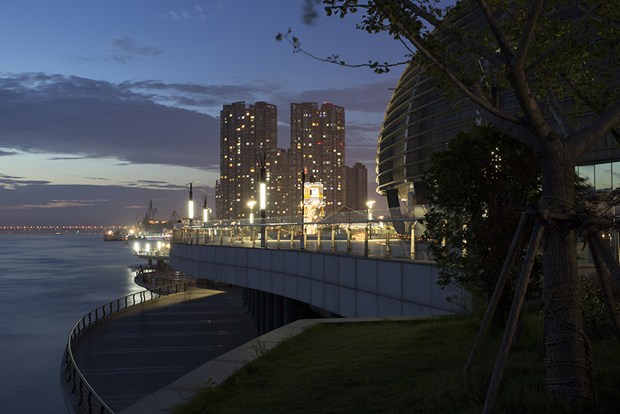
The city has a famous Guangji Temple, constructed during the Tang Dynasty (618-907). It is a very sacred place for the Buddhists. The city has lots of parks and gardens.

It is a major tourist destination combining entertainment, historical and scenic attractions, such as a zoo, parks, watchtower and pavilion. Some of the scenic spots are, Tianmenshan Mountain, inghu Park and Ma Renqi Mountain.
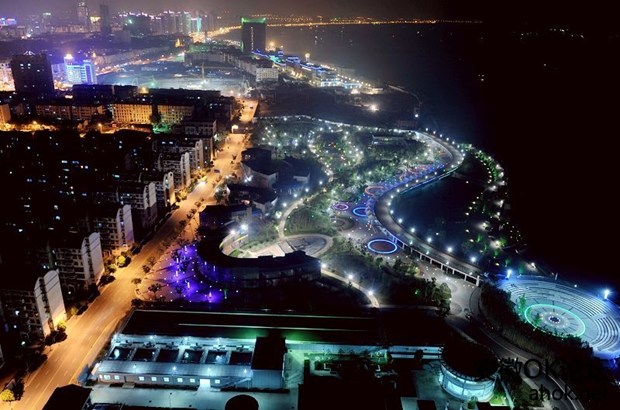
景点:
芜湖坐落着著名的广济寺,始建于唐朝(618-907年),是佛教徒的圣地。市内有很多公园和花园。
芜湖是主要的旅游胜地,集娱乐、历史和风景名胜于一身,比如动物园、公园、瞭望塔和凉亭。旅游景点有天门山、镜湖公园
The city’s memorabilia include melon seeds, iron paintings and tea. Melon is definitely the most loved fruit in China. It’s a must served fruit at the end of every party or a dinner. It marks the end of the items being served which at times to me seemed endless.
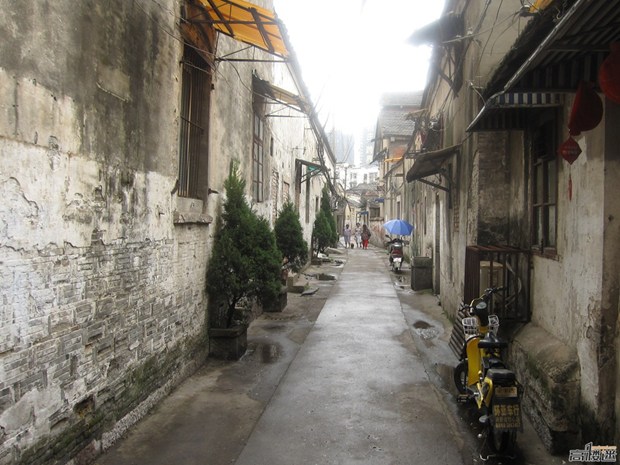
I remember while, I was once reading the history book to my son when he was in school, we came across a sentence "Even America wanted a share of the Chinese melon."
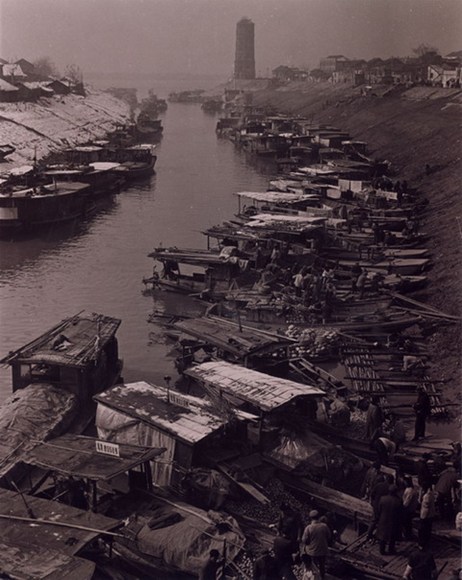 60年前的芜湖
60年前的芜湖芜湖的纪念品有瓜子、铁拓画和茶叶。西瓜无疑是中国最受喜欢的水果,是聚会或聚餐必备水果,标志着菜已经上齐,有时候我觉得菜是上不完的。
我还记得,曾经给还在读中学的儿子念历史书。我们突然读到一句,“甚至美国也想瓜分中国西瓜。”
There must have been some reference to the 'Opium wars' possibly while enumerating the causes that led to the second world war because world history or the Chinese history is not taught in the Indian schools. I searched on the net and found this piece alluding to the share of "Chinese Melon."

In the 1850s, the United States and the European powers grew increasingly dissatisfied with both the terms of their treaties with China, and the Qing Government's failure to adhere to them. The British forced the issue by attacking the Chinese port cities of Guangzhou and Tianin in the Second Opium War (1857-1858). Under the most-favored-nation clause, all of the foreign powers operating in China were permitted to seek the same concessions of China that Great Britain achieved by force. As a result, France, Russia, and the United States all signed treaties with China at Tianin in quick succession in 1858.
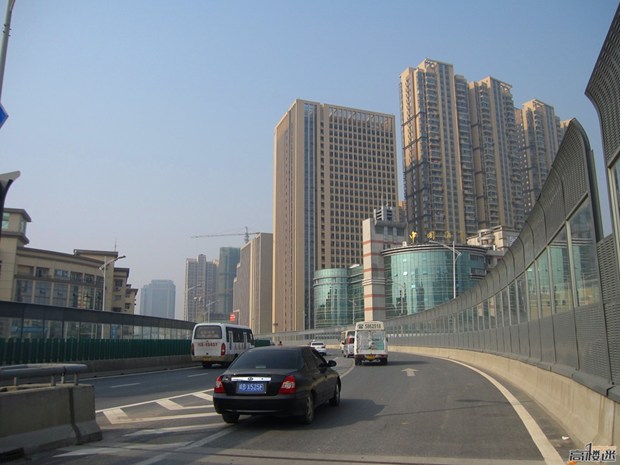 现在的芜湖
现在的芜湖由于印度学校并未教授世界历史或中国历史,在列举导致第二次世界大战爆发的原因时,肯定有人会提及“鸦片战争”。我在网上搜索了下,发现了这段暗指瓜分“中国西瓜”的历史。
1850年,美国和欧洲列强对与中国签订的条约以及清政府未能履行这些条约感到日益不满。第二次鸦片战争(1857-1858),英国进攻中国港口城市广州和天津,用武力解决了这一问题。根据最惠国条款,所有在华列强都被允许获得英国通过武力取得的中国让步。结果在1858年,法国、俄罗斯和美国接连在天津与中国签署条约。
I don’t know whether it is customary to order too many dishes or the restaurant serves all its preparations or the food is cheap, but the Fúwùyuán (服务员) keep placing dish after dish of the preparation on the turning table where from the food is to be picked from the bowl with your chop sticks as the dish passes by you in its journey round the table. Quite a daunting task for someone who hasn’t ever held chopsticks in his hands before but fright and the prospect of getting up hungry makes you pick the art of picking up with the bamboo sticks fast.
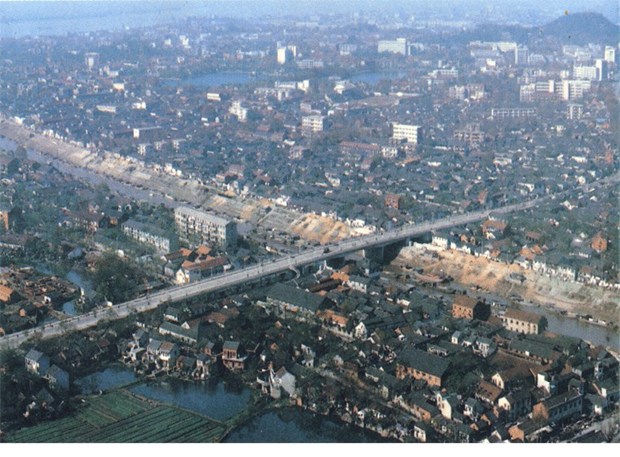 80年代初的芜湖
80年代初的芜湖我不知道客人点很多菜是否属于惯例,或者餐馆习惯把所有准备的菜端出来,又或菜价很便宜,但是服务员一个接一个地把菜端上转盘。转盘转动时,你得用筷子从经过的碗里夹菜。对于从未使用过筷子的人来说,这是一项艰巨的任务。可能饿肚子的担忧,迫使你学会用筷子迅速夹菜的艺术。
The way the food is ordered and is eaten is very different. For us Indians rice or chapatee ( flat bread made from wheat flour) is the main item while the vegetables, lentils and/or non-vegetarian preparations are there to go with them, for the Chinese all preparations of meat, fish and vegetables are had without rice or bread.
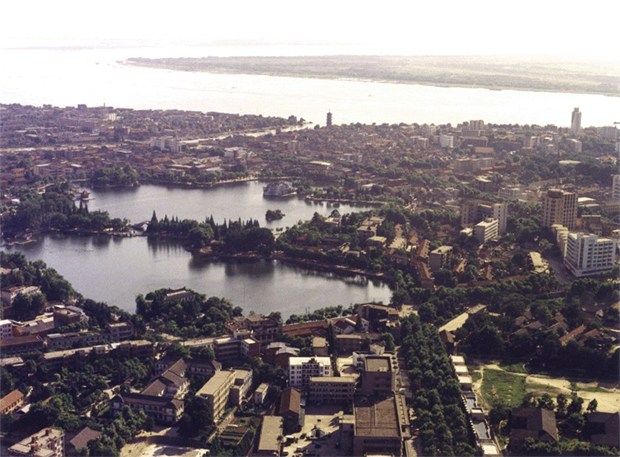 80年代末的芜湖
80年代末的芜湖点菜的方式和吃法相当不同。对我们印度人来说,米饭或恰巴提(用面粉做的薄饼)是主食,蔬菜、扁豆或其他非素菜是配菜;对中国人来说,无需米饭或面包,肉类、鱼类和蔬菜统统下肚。
Wuhu in Late eighties
Towards the end of the meal, lumpy rice or noodles are served (on demand), which you may have if still hungry or have remained hungry because of your inability to pick the food up with the chop sticks or the slippery soup spoon given to you by the sympathetic host after seeing your repeated failed attempts in catching anything with the chop sticks and finally drop the sticks in the bowl in utter disappointment and frustration.
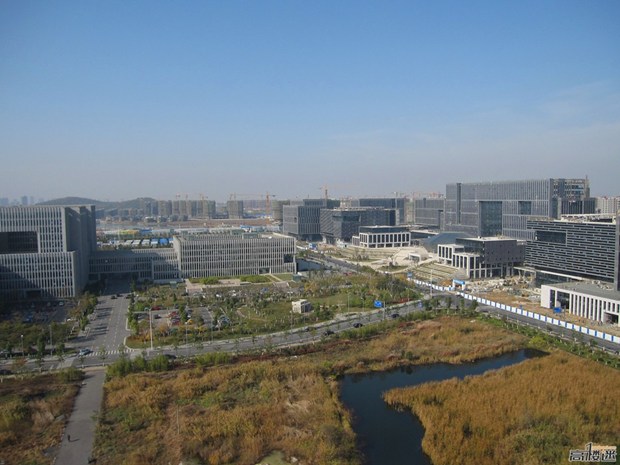
进餐快结束时会上米饭或面条,如果你还会饿,或者因不会用筷子夹菜或不会使用汤匙舀菜而未吃饱的话,你可以吃一些。富有同情心的主人看到你用筷子夹菜频频失败而失望地把筷子扔进碗里后是会给你汤匙的。
Travel Tips:
The Yangtze River Bridge is an important transportation link for the city across the Yangtze River. It is also a good place from which to admire the Yangtze River.
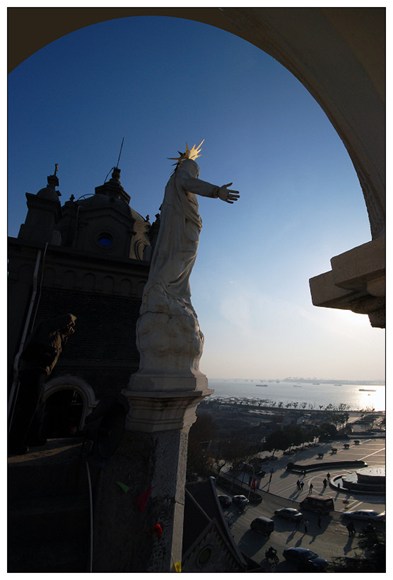
The Phoenix Delicacy Street in downtown is a good choice for travelers when visiting the city. There are many restaurants along the street serving various local delicacies, as well as foreign food.
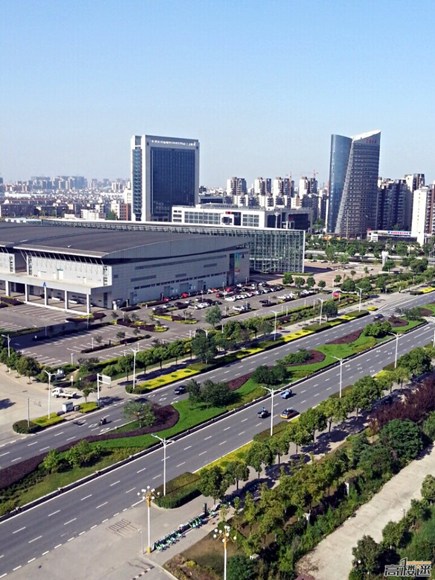
Visitors can also find pubs, cafes, teahouses and many other recreational places here.
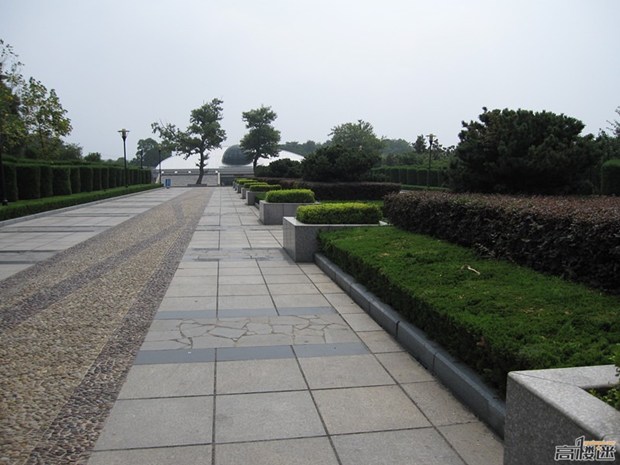
旅行贴士:
长江大桥是过江的重要通道,也是叹赏长江的好地方。
市中心的凤凰美食街是游客参观的一个很好的选择。街道两旁有许多供应各种当地美味以及外国食物的餐馆。
游客可以在芜湖找到酒吧、咖啡馆、茶馆以及许多其他娱乐场所。

此文由 三泰虎 编辑,未经允许不得转载!:首页 > 在华印度人 » Navneet:高先生从芜湖给我写信(2)

 Navneet: 云南探秘--第三部分
Navneet: 云南探秘--第三部分 Navneet: 身处香格里拉的中心
Navneet: 身处香格里拉的中心 Navneet: 云南探秘, 第一部分
Navneet: 云南探秘, 第一部分 Navneet: 湖南省会长沙,第二部分
Navneet: 湖南省会长沙,第二部分 Navneet: 回忆在中国生活的日子, 租一套公寓
Navneet: 回忆在中国生活的日子, 租一套公寓 Navneet: 回忆在中国生活的日子
Navneet: 回忆在中国生活的日子 Navneet:当今中国高速发展,将世界远远甩在身后
Navneet:当今中国高速发展,将世界远远甩在身后 Navneet: 高港记事...9
Navneet: 高港记事...9